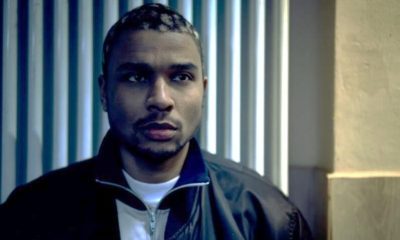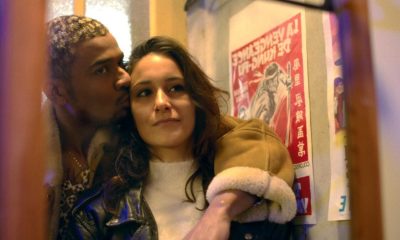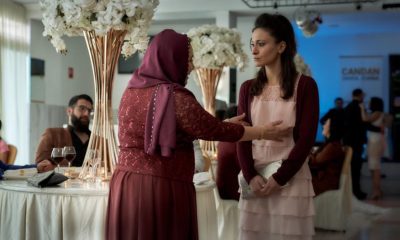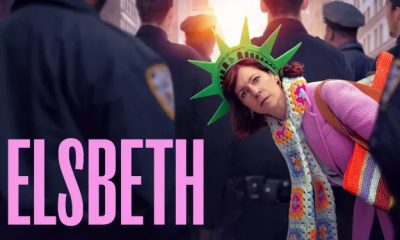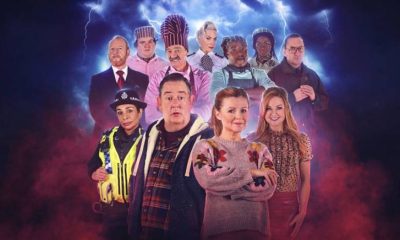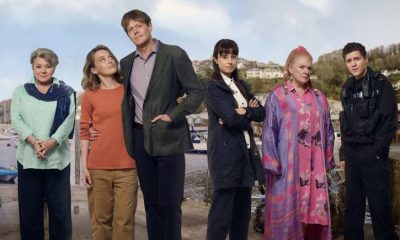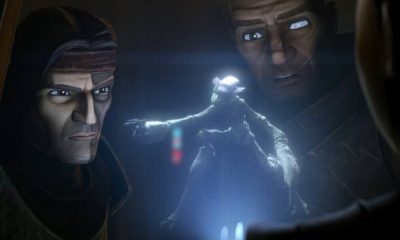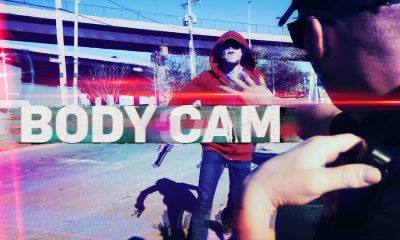Idols
Faye Dunaway the quiet achiever
Academy Award-winning actress Faye Dunaway has electrified audiences worldwide for over three decades and made a dramatic impact on film history. Of the American Film Institute’s list of 100 Best American Movies Ever Made, she starred in three of them: #19 Chinatown, #27 Bonnie and Clyde and #66 Network, for which she won both an Oscar® and Golden Globe award for Best Actress.
Born Dorothy Faye Dunaway in Bascom, Florida, Dunaway studied to become a teacher. After entering the University of Florida in Gainesville on a teaching scholarship, she soon transferred to Boston University’s School of Fine and Applied Arts, where she earned a Bachelor of Fine Arts in 1962. Although offered the opportunity to study at the London Academy of Music and Dramatic Art, Dunaway instead accepted a role in the American National Theatre and Academy production of “A Man for All Seasons” (1962). Three years later she won critical acclaim for her role in William Alfred’s “Hogan’s Goat” (1965).
Dunaway made her screen debut in The Happening (1967) and quickly followed with Otto Preminger’s Hurry Sundown (1967), immediately drawing attention to herself. She next took a role that would change her career and shoot her to the top of the international film scene – Bonnie Parker opposite Warren Beatty’s Clyde Barrow in Arthur Penn’s landmark film Bonnie and Clyde (1967). A crime drama that romanticized its bank-robber protagonists and then annihilated them in an unprecedented on-screen massacre that galvanized audiences, Bonnie and Clyde became one of Warner Bros.’ two top-grossing films of the decade. Dunaway’s remarkable performance, which presented the gun-toting killer as a complicated three-dimensional character, garnered the actress an Oscar nomination. Suddenly one of Hollywood’s hottest actresses, she next played a savvy investigator opposite Steve McQueen in The Thomas Crown Affair (1968) and Kirk Douglas’ love interest in The Arrangement (1969).
The 1970s brought her a number of substantial roles: a turn opposite Dustin Hoffman in Little Big Man (1970); opposite Michael York in The Three Musketeers (1973); and the tragic female lead opposite Jack Nicholson in Roman Polanski’s legendary Chinatown (1974), which netted Dunaway her second Academy Award® nomination. Two years later, Dunaway took the Best Actress Oscar® for her portrayal of a ruthless TV executive in the satire Network (1976). She also reprised her role as Milady deWinter in The Four Musketeers (1975); sheltered Robert Redford in Three Days of the Condor (1975) and played a high fashion photographer in the thriller Eyes of Laura Mars (1978).
During the 1980s she swung from the electrifying role as Joan Crawford in Mommie Dearest (1981) to a gritty turn as the downtrodden Wanda opposite Mickey Rourke in Barfly (1987), for which she garnered a Golden Globe nomination. The 1990s were marked by acclaimed turns in The Two Jakes (1990), The Handmaid’s Tale (1990) and The Chamber (1996). She next garnered acclaim for her role as a psychiatrist in John McTiernan’s 1999 remake of The Thomas Crown Affair. Recent credits include Don Juan DeMarco (1995), Drunks (1995) and The Yards (2000) and she can next be seen as Mae West in The Calling.
On television, Dunaway has starred in numerous mini-series’ and features including: “A Will of Their Own,” “The Twilight of the Golds”, “Rebecca”, “The People Next Door”, “A Family Divided”, “Cold Sassy Tree”, “Christopher Columbus”, “Evita Peron” and “After the Fall”. In 1985, she won a Golden Globe for Best Supporting Actress for her work in the mini-series “Ellis Island”, while 1994 saw her win an Emmy for her work as Outstanding Guest Actress in the drama Series “Columbo”.
Dunaway also made the jump from actress to filmmaker as the writer, director and producer of her first film, Yellow Bird and is also developing a film version of the Broadway hit “Master Class”. In 1995, Dunaway penned her autobiography, “Looking for Gatsby”.
Throughout the 2000s Dunaway has continued working, mostly in smallish roles in smallish movies.


